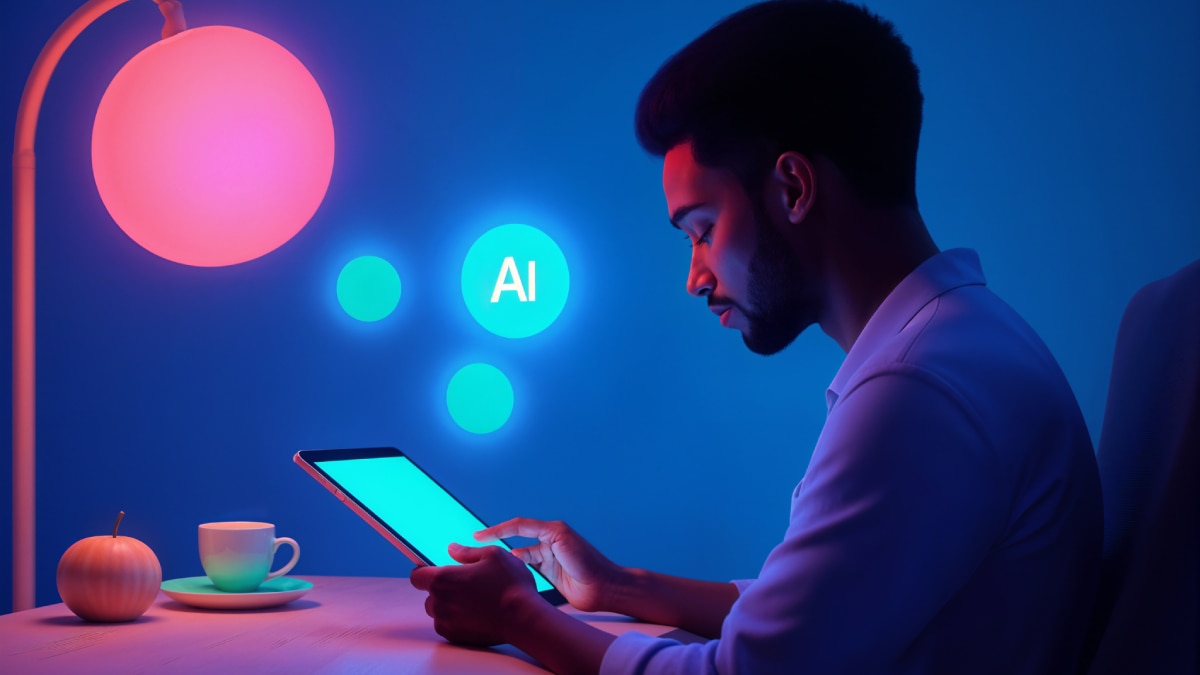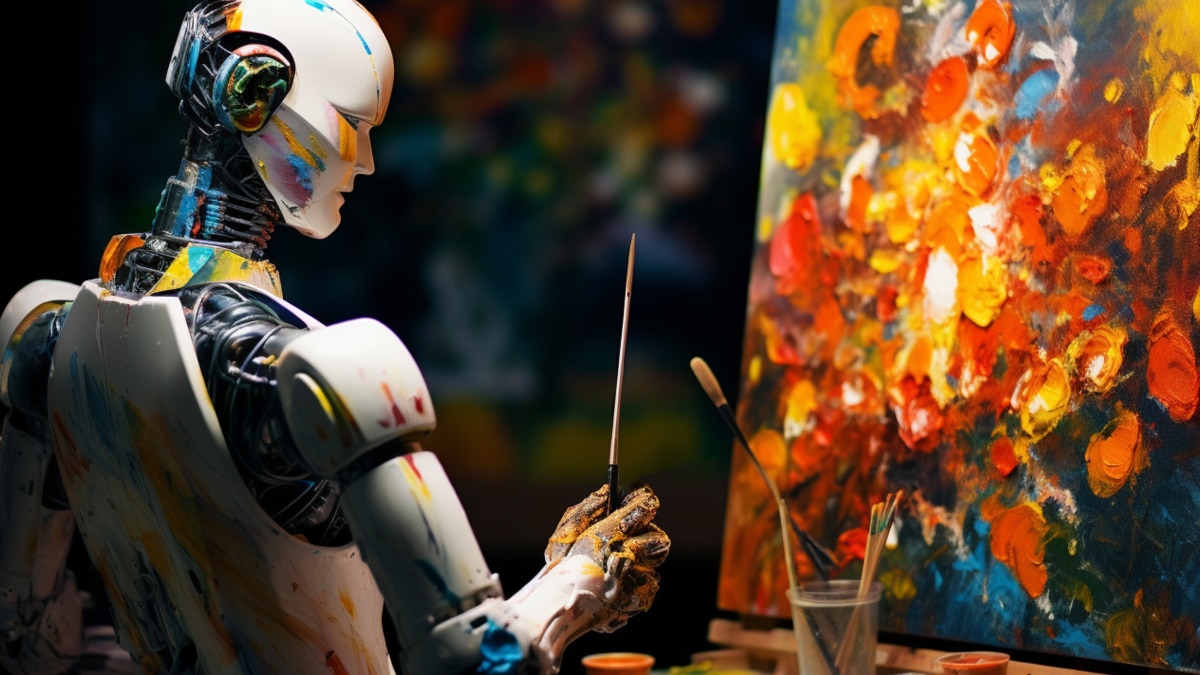Exploring the Evolution of AI in Various Industries
Author: Thesis Writer

Artificial Intelligence (AI) is not just a buzzword; it is a transformative technology that is reshaping various industries. From enhancing productivity in the workplace to revolutionizing the creative arts, AI is becoming an integral part of our daily lives. Its applications range widely, with notable advancements in AI-powered tools for education, content creation, and even social media. As we explore the implications of this technology, we must also consider the ethical challenges it poses.
One of the notable developments in AI is the release of Google's AI-powered note-taking app, NotebookLM, which is now available on both Android and iOS platforms. This tool enables users to upload various documents for summarization and generates audio overviews—auditory summaries akin to podcasts. Such functionalities not only aid in personal productivity but also showcase how AI can leverage human creativity to streamline workflows. The significance of tools like NotebookLM lies in their ability to assist users in enhancing their organization and information retention, making them invaluable in both personal and professional contexts.

Google's NotebookLM is a versatile note-taking tool that integrates AI for enhanced productivity.
AI's impact extends beyond note-taking applications. The recent price drop of the Apple iPhone 16 Pro during the Apple Days sale indicates a competitive market where technology must adapt rapidly to consumer demands. This competition drives innovation and forces tech companies to incorporate AI capabilities into their products. The shift towards mobile productivity apps signifies a growing dependence on AI technologies, illustrating how digital solutions are evolving to meet the needs of a modern consumer base.
The art world, too, has felt the influence of AI. An installation titled ‘Latent Reflection’ reveals the growing intersection of AI and art, prompting discussions about the authenticity and originality of AI-generated pieces. While AI can generate impressive works of art, it raises ethical questions about creativity and copyright. As artists utilize AI to enhance their workflows—streamlining animation processes or generating concept art—the risk of losing originality becomes a pressing concern. This duality of benefits and drawbacks makes the introduction of AI tools in the creative sector a complex issue that merits careful consideration.
Moreover, the emergence of tools such as Google’s Gemini AI reflects a broader trend of utilizing AI to transform learning systems. Gemini’s advanced models are designed to alter the educational landscape, providing personalized learning experiences that cater to individual learner needs. These advancements support a growing narrative that AI is more than just a tool but a potential partner in the educational journey, capable of providing insights and support that were previously unimaginable.
However, with these advancements come significant ethical implications. A recent announcement regarding Meta's intention to train its AI on users' public data without explicit consent sparked debates about privacy and user rights. Such actions may override individual control over personal information, placing the onus on users to protect their data proactively. The conversation around data usage and consent is vital, highlighting the need for clearer regulations and ethical guidelines governing AI use.

Apple's iPhone 16 Pro sees a significant price reduction during promotional sales, reflecting the competitive landscape in mobile technology.
As we navigate the future intertwined with AI, understanding the implications of these technologies becomes crucial. While AI is capable of assisting in tasks ranging from content generation to education, it is essential to strike a balance between embracing automation and preserving the unique human touch that characterizes creativity and personal interaction. The use of AI should amplify human capacity rather than override it, fostering collaboration between man and machine.
Generative AI tools are reshaping content creation. With the power to produce tailored content, brands can reach audiences more effectively and efficiently than ever before. In a landscape where attention spans are dwindling, it’s vital to craft messages that resonate. The rise of AI enhances brand messaging with localized content that feels culturally relevant and emotionally connected to the audience. As marketers harness these tools, the landscape of communication continues to evolve.
Yet, with great power comes great responsibility. As businesses leverage AI to tailor their messages, they must be mindful of ethical concerns regarding authenticity and user manipulation. Transparency about AI's role in content creation is paramount. Consumers deserve clarity on how their data is utilized in shaping targeted advertisements and content, underscoring the necessity for ethical practices in AI deployment.
In conclusion, the advancements of AI in various sectors are reshaping our world in profound ways. From education to technology and the arts, the influence of AI is palpable. As we embrace these innovations, it is vital to consider the ethical implications and strive for a future where technology complements human creativity, rather than diminishes it. Moving forward, a collaborative approach to AI development will ensure that these tools serve as allies in our quest for greater productivity, creativity, and ethical standards.

AI technologies are significantly influencing various sectors, enhancing productivity and creative processes.